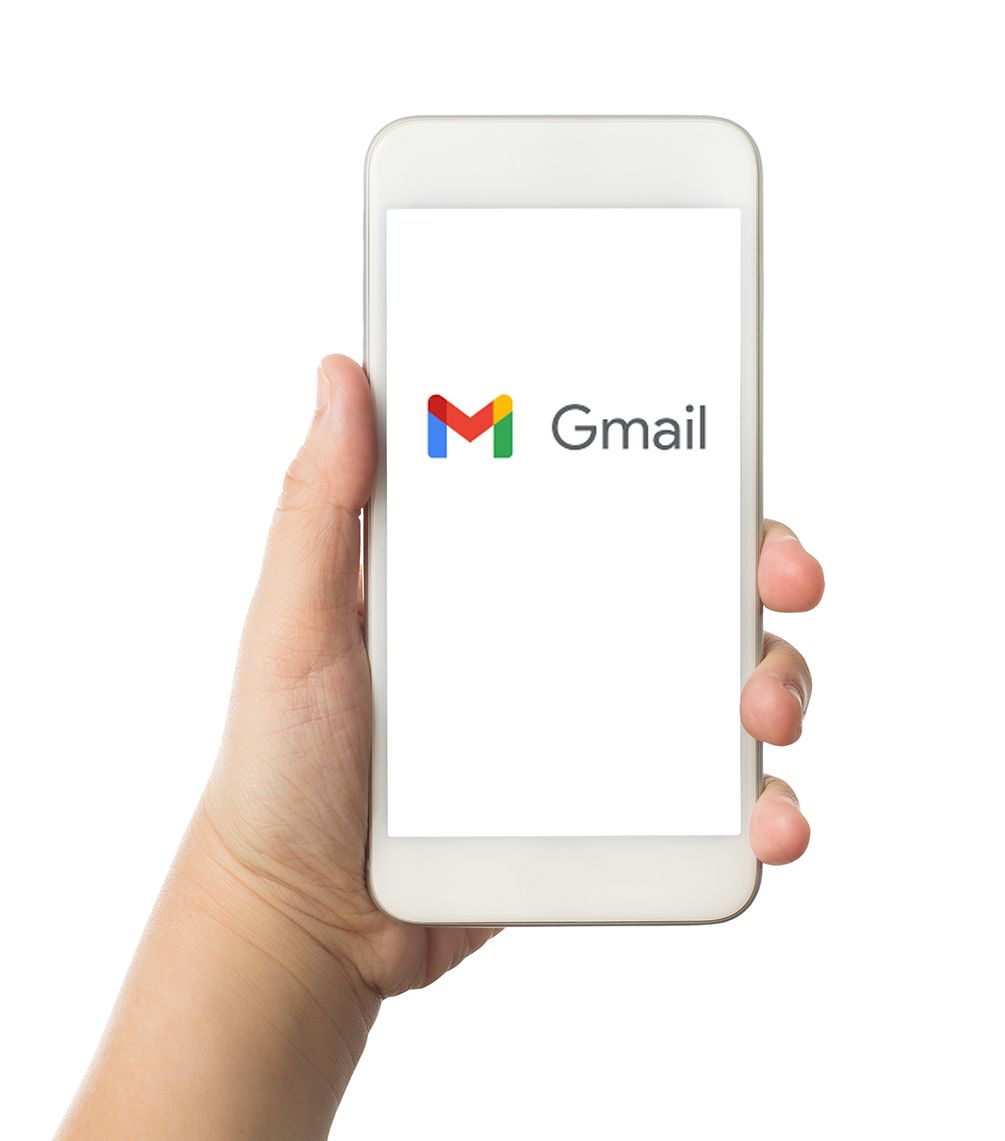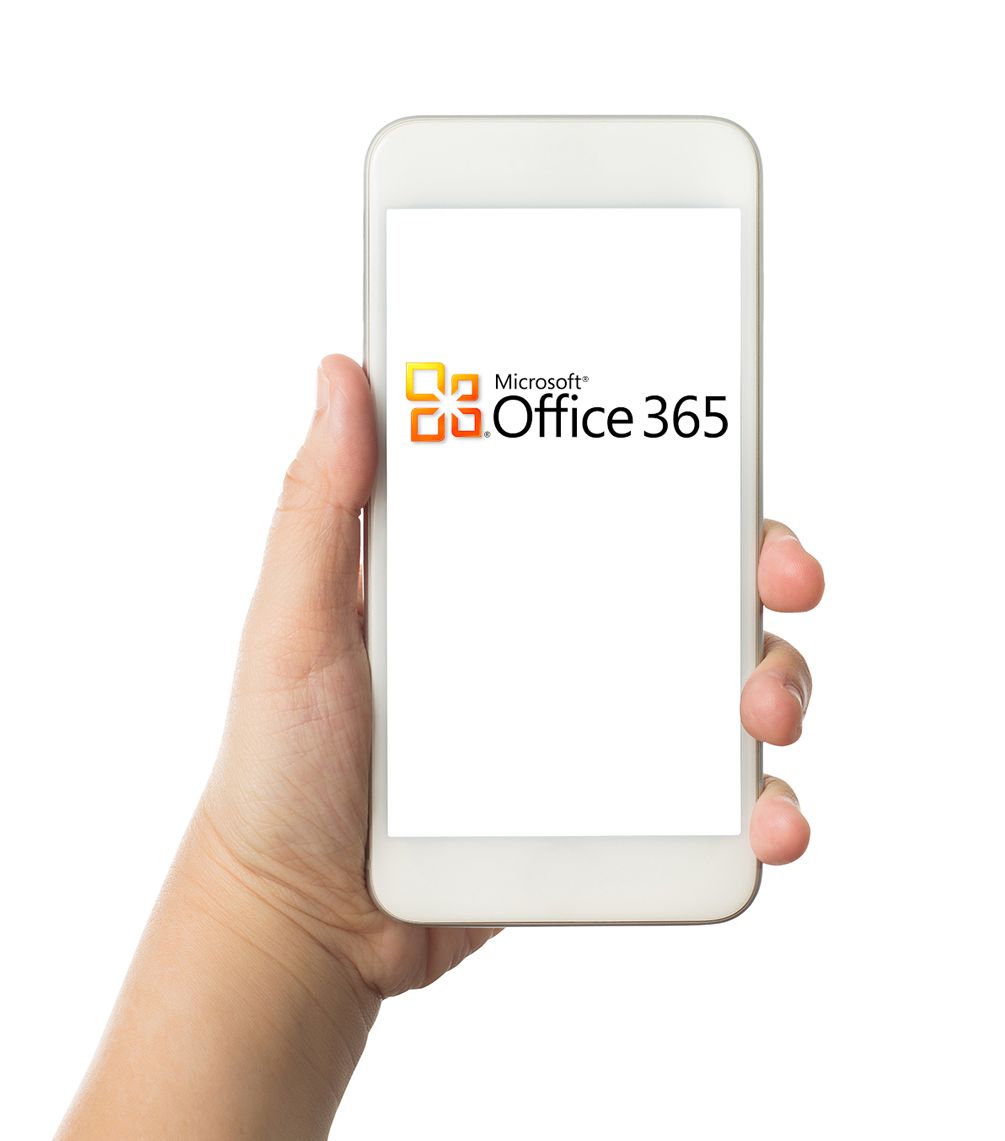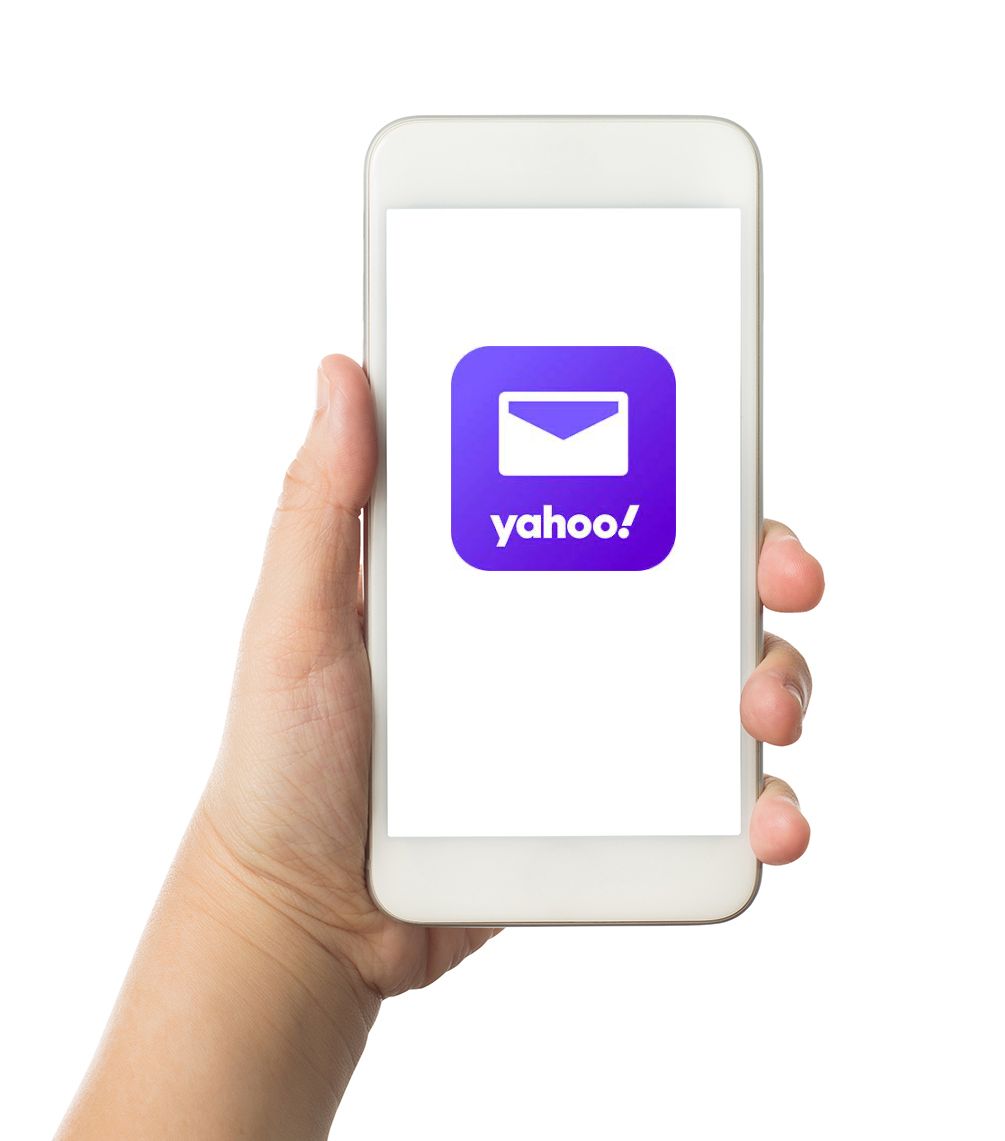
-
Data Integrity: Forensic preservation safeguards the originality and accuracy of user email interactions, ensuring electronic evidence remains unaltered and reliable.
-
Legal Adherence: Preserving user email accounts aligns with legal requirements, promoting transparency and accountability during digital investigations and legal proceedings.
-
Contextual Insights: Preserved email accounts offer a comprehensive archive of communications, enabling deep insights into relationships, motives, and patterns.
-
Robust Evidence: Establishing a secure chain of custody through forensic preservation strengthens the evidentiary value of digital data, bolstering its credibility in court.
-
Strategic Analysis: Forensically preserved email accounts empower investigators to navigate the complexities of Gmail, Outlook365, Yahoo Mail, and other platforms, enabling thorough analysis and informed decision-making.
Top 5 Reasons To Preserve And Search That Remote Phone

At Digital DNA, We Support All Email Types. Here's An Example Of The Types Of Data Can Be Preserved And Extracted
-
Outlook 365
-
Email Messages: The content, metadata (such as sender, recipient, date/time), and attachments of email messages can be preserved.
-
Contacts: Information about contacts, including names, email addresses, phone numbers, and other associated details.
-
Calendar Events: Details of calendar appointments, meetings, reminders, and associated metadata like attendees, locations, and event descriptions.
-
Tasks and To-Do Lists: Information about tasks, to-do lists, priorities, due dates, and any related notes.
-
Attachments: Files attached to emails or other items within Outlook 365, which can include documents, images, spreadsheets, and more.
-
Deleted Items: Forensic experts can often recover deleted emails, contacts, calendar events, and other items that have been moved to the "Deleted Items" folder or permanently deleted.
-
Metadata: Metadata associated with various items, such as email headers, timestamps, read/unread status, and message tracking information.
-
-
Gmail
-
Email Messages: The content, metadata (such as sender, recipient, date/time), and attachments of email messages can be preserved.
-
Contacts: Information about contacts, including names, email addresses, phone numbers, and other associated details.
-
Calendar Events: Details of calendar appointments, meetings, reminders, and associated metadata like attendees, locations, and event descriptions.
-
Tasks and To-Do Lists: Information about tasks, to-do lists, priorities, due dates, and any related notes.
-
Attachments: Files attached to emails or other items within Outlook 365, which can include documents, images, spreadsheets, and more.
-
Deleted Items: Forensic experts can often recover deleted emails, contacts, calendar events, and other items that have been moved to the "Deleted Items" folder or permanently deleted.
-
Metadata: Metadata associated with various items, such as email headers, timestamps, read/unread status, and message tracking information.
-
-
Yahoo Email
-
Email content: The actual text of the emails, including the sender, recipient, subject line, and body of the message.
-
Attachments: Files attached to the emails, such as documents, images, or audio/video files.
-
Email headers: Information contained in the email headers, including IP addresses, timestamps, and routing information.
-
Metadata: Metadata associated with emails, such as timestamps (date and time), email IDs, and unique identifiers.
-
Contact information: Details about contacts, including names, email addresses, phone numbers, and any additional information stored in the address book.
-
Account information: User account details, such as username, password (hashed or encrypted), account settings, and preferences.
-
Log files: Server log files that may contain information about login attempts, IP addresses, and other system-related events.
-
Deleted data: In some cases, it may be possible to recover deleted emails or attachments from the Yahoo email account.
-
-
Zoho Email
-
Email content: The text of the emails, including sender, recipient, subject line, and message body.
-
Attachments: Files attached to the emails, such as documents, images, or audio/video files.
-
Email headers: Information contained in the email headers, including IP addresses, timestamps, and routing information.
-
Metadata: Metadata associated with emails, such as timestamps (date and time), email IDs, and unique identifiers.
-
Contact information: Details about contacts, including names, email addresses, phone numbers, and any additional information stored in the address book.
-
Account information: User account details, such as username, password (hashed or encrypted), account settings, and preferences.
-
Log files: Server log files that may contain information about login attempts, IP addresses, and other system-related events.
-
Deleted data: In some cases, it may be possible to recover deleted emails or attachments from the Zoho Mail account.
-
-
Proton Email
-
Email metadata: Metadata associated with emails, such as timestamps (date and time), email IDs, sender, and recipient information.
-
Subject lines: Information about the subject lines of emails.
-
Attachments metadata: Metadata associated with attachments, such as file names, sizes, and types.
-
Contact information: Details about contacts, including names, email addresses, and any additional information stored in the address book.
-
Account information: User account details, such as username, account creation date, last login timestamp (if available), and other account-related information.
-
Server logs: Server logs that may contain information about login attempts, IP addresses, and other system-related events.
-
-
iCloud Email
- Email content: The text of the emails, including sender, recipient, subject line, and message body.
- Attachments: Files attached to the emails, such as documents, images, or audio/video files.
- Email headers: Information contained in the email headers, including IP addresses, timestamps, and routing information.
- Metadata: Metadata associated with emails, such as timestamps (date and time), email IDs, and unique identifiers.
- Contact information: Details about contacts, including names, email addresses, phone numbers, and any additional information stored in the address book.
- Account information: User account details, such as username, password (hashed or encrypted), account settings, and preferences.
- Server logs: Server logs that may contain information about login attempts, IP addresses, and other system-related events.
- Deleted data: In some cases, it may be possible to recover deleted emails or attachments from iCloud Mail if they have been included in device backups or retained on iCloud servers
-
Mega
- File uploads and downloads: Mega allows users to upload and download files to and from their accounts, and logs these activities. Forensic analysis of file upload and download data can reveal a user's file-sharing activities, including the types of files shared and potentially sensitive information.
- File metadata: Mega files contain metadata, such as file names, sizes, and creation/modification dates. Forensic analysis of file metadata can reveal information about a user's file usage patterns and potentially identify other users who have shared or accessed the files.
- Contact information: Mega users can create and manage contacts within the app, which can be analyzed to identify potential witnesses or accomplices.
- Account creation and login history: Mega logs all account creation and login attempts, which can reveal information about a user's account usage patterns and potentially identify other users who have accessed the account.
- Encryption keys: Mega encrypts user files using end-to-end encryption and user-controlled encryption keys. Forensic analysis of encryption keys can potentially reveal valuable information about a user's file sharing activities and any sensitive information contained within the files.
-
Teams
- Communication history: Microsoft Teams logs all communications made by the user, including chat messages, audio and video calls, and file sharing activities. Forensic analysis of communication history data can reveal valuable insights into user activities, including discussions about sensitive topics and interactions with other users.
- Meeting history: Microsoft Teams logs all meetings attended by the user, including meeting titles, start and end times, and other metadata. Forensic analysis of meeting history data can reveal information about a user's work schedule, meeting attendance patterns, and potentially sensitive information discussed during meetings.
- User profile information: Microsoft Teams user profiles contain a range of information, including name, email address, and profile picture. This information can be used to build a profile of the user and potentially identify them.
- Channel and group information: Microsoft Teams allows users to create and join channels and groups, which can contain valuable information about user activities and potentially sensitive information discussed within the channel or group.
- Device information: Microsoft Teams logs information about the devices used to access the account, including device types, operating systems, and IP addresses. Forensic analysis of device information data can reveal information about a user's work environment and potentially identify other users who have accessed the account.
- Access logs: Microsoft Teams logs all login attempts and access to user accounts. These logs can reveal the IP address, time, and type of access (e.g., login, logout) for each event.
-
iCloud
- Device backups: Full or partial backups of the user's iOS or macOS devices, including data such as contacts, messages, call logs, photos, videos, and app data.
- iCloud Drive: Files and folders stored on iCloud Drive, including metadata such as file names, creation and modification dates, and file sizes.
- Photos and videos: Photos and videos stored in iCloud Photos, including metadata such as dates and locations of capture.
- Contacts and calendars: Contact and calendar data synced with iCloud, including metadata such as contact names, phone numbers, email addresses, and event details.
- Notes: Notes stored in the user's iCloud account, including metadata such as the note content, creation and modification dates, and tags.
- Mail: Email messages sent and received through the user's iCloud email account, including metadata such as sender and recipient addresses, message content, and dates and times.
- App data: Data stored in iCloud by third-party apps, including metadata such as app names, file names, and creation and modification dates.
- iCloud Keychain: Stored usernames, passwords, and other sensitive data synced across the user's devices.

$250. Per Account
- We remotely preserve the email account and deliver a PST
- Download the PST from our secure website
- Optionally, we can preserve the remote email account direcly to your S3 bucket
- Includes all verification logs
- Delivered the same or next day


